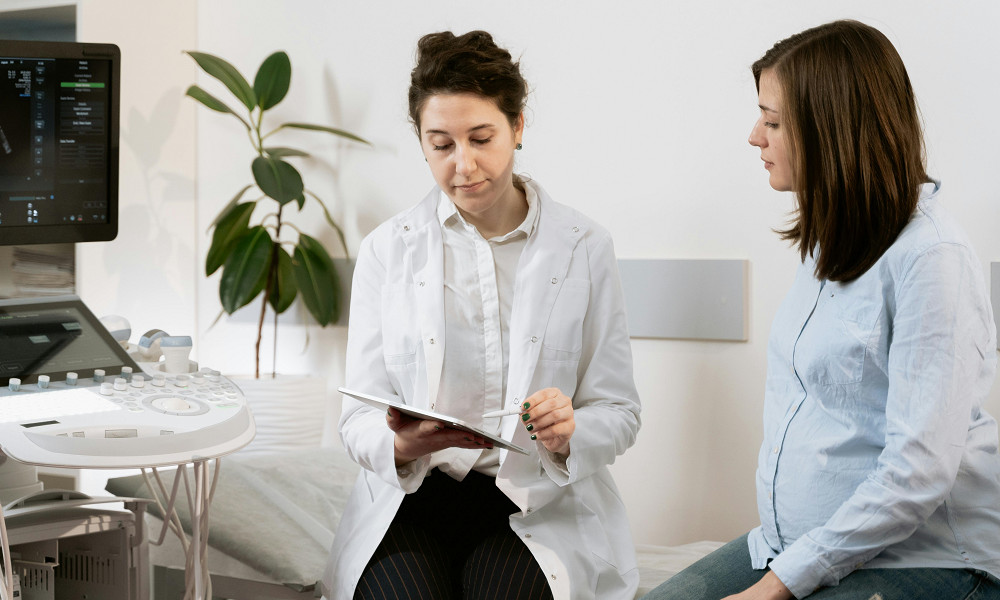Reviews
Morning After Pills and Contraception in Singapore

Contraception has evolved far beyond traditional methods, and today, morning after pills Singapore and emergency contraception Singapore are part of a broader movement toward informed, responsible reproductive health. The conversation is no longer about secrecy or shame, it’s about education, access, and empowerment. In Singapore, telemedicine has made it easier for women to seek guidance, understand their options, and obtain emergency contraception safely and privately, without unnecessary judgment or delay.
Understanding Emergency Contraception
Emergency contraception is designed to prevent pregnancy after unprotected sex or contraceptive failure, such as a broken condom or missed birth control pill. It works primarily by delaying ovulation, ensuring that no egg is released for fertilisation. The earlier it’s taken, the more effective it is, ideally within 72 hours, though some formulations can work up to five days after.
It’s important to understand that emergency contraception is not the same as an abortion pill. It doesn’t terminate an existing pregnancy; rather, it prevents one from starting. Despite this, misinformation remains common, which is why accessible medical guidance is essential.
Why Access Matters
For years, many women in Singapore found it uncomfortable to approach a clinic or pharmacy for emergency contraception. The process could feel intimidating, and concerns about privacy often discouraged people from seeking timely help. Telemedicine has helped change that. Today, women can consult a licensed doctor online, discuss their situation confidentially, and receive a prescription within hours. Medication can then be delivered discreetly to their home or picked up at a partner pharmacy, depending on the provider’s service.
This simple shift from in-person to digital has transformed how women approach reproductive care. It provides autonomy without compromising medical safety, and it ensures that decisions are guided by professional advice rather than fear or stigma.
When and How to Use It
Emergency contraception is most effective the sooner it’s taken. Doctors typically assess several factors before prescribing: when unprotected sex occurred, where in the menstrual cycle the person is, and whether other medications or conditions might interfere with the pill’s effectiveness.
While it can prevent pregnancy in an emergency, it’s not meant to replace regular birth control. Doctors often use the consultation as an opportunity to discuss ongoing contraceptive options — from daily pills to long-acting methods — helping women make informed, long-term decisions about their reproductive health.
One of the biggest barriers to using emergency contraception effectively is misinformation. Some believe it causes infertility, hormonal damage, or long-term side effects. In reality, when used responsibly and under medical guidance, emergency contraception is safe and well-tolerated. Most women experience no more than mild, short-lived effects such as nausea, fatigue, or changes in their next period.
Another common concern is judgment. Many women worry about being questioned or judged when requesting the pill. Telemedicine helps eliminate that fear, offering neutral, fact-based support from licensed doctors who prioritise patient privacy and wellbeing.
The Role of Telemedicine in Women’s Health
Singapore’s healthcare system is increasingly embracing digital models that make care more accessible and inclusive. For reproductive health, this shift has been particularly impactful. Women can now access medical advice anytime, even late at night or on weekends, without needing to schedule clinic appointments.
Telemedicine also provides educational value. Online consultations often include detailed explanations about how emergency contraception works, what to expect after taking it, and when to follow up. Many platforms also provide reminders for menstrual tracking and links to trusted reproductive health resources.
Emotional Wellbeing and Support
Seeking emergency contraception can be stressful, especially when decisions have to be made quickly. Fear, guilt, or anxiety are common emotions, but understanding that this is a responsible medical choice can make a difference. Doctors who specialise in sexual health approach these consultations with empathy, helping women process the situation calmly and confidently.
Some telemedicine platforms also provide referrals for counselling or additional reproductive health services when needed, ensuring that care goes beyond the prescription itself.
Building a Culture of Awareness and Respect
Emergency contraception shouldn’t be a taboo topic. The more society understands it as part of responsible sexual health, the safer and healthier communities become. In Singapore, awareness campaigns and the growing availability of online healthcare are helping shift attitudes toward openness and respect.
By making accurate information easy to access, telemedicine encourages women to take control of their health without shame. It also helps partners play a supportive role in making informed, timely decisions.
Summary
The growing acceptance of emergency contraception in Singapore signals progress not only in medicine but in mindset. It reflects a healthcare system adapting to the realities of modern life, where privacy, speed, and accurate information are essential.
When women have the freedom to act quickly and responsibly, they’re empowered to protect their future and their peace of mind. Emergency contraception, supported by professional guidance and digital access, gives them that control quietly, safely, and on their own terms.

-

 World3 days ago
World3 days agoEthiopian volcano erupts for first time in thousands of years
-

 Legal1 week ago
Legal1 week agoMichigan man JD Vance sentenced to 2 years for threatening Trump and JD Vance
-

 Legal1 week ago
Legal1 week agoWoman in critical condition after being set on fire on Chicago train
-

 World1 week ago
World1 week agoHurricane Melissa registered 252 mph wind gust, breaking global record
-

 Legal6 days ago
Legal6 days agoSuspect in San Diego stabbing shot by authorities after fleeing into Mexico
-

 Legal1 week ago
Legal1 week ago1 dead, 2 injured in shooting at Dallas Walmart parking lot
-

 Health6 days ago
Health6 days agoMarburg virus outbreak in Ethiopia grows to 6 confirmed cases
-

 World6 days ago
World6 days agoU.S. sanctions companies and vessels accused of aiding Iranian military oil sales




